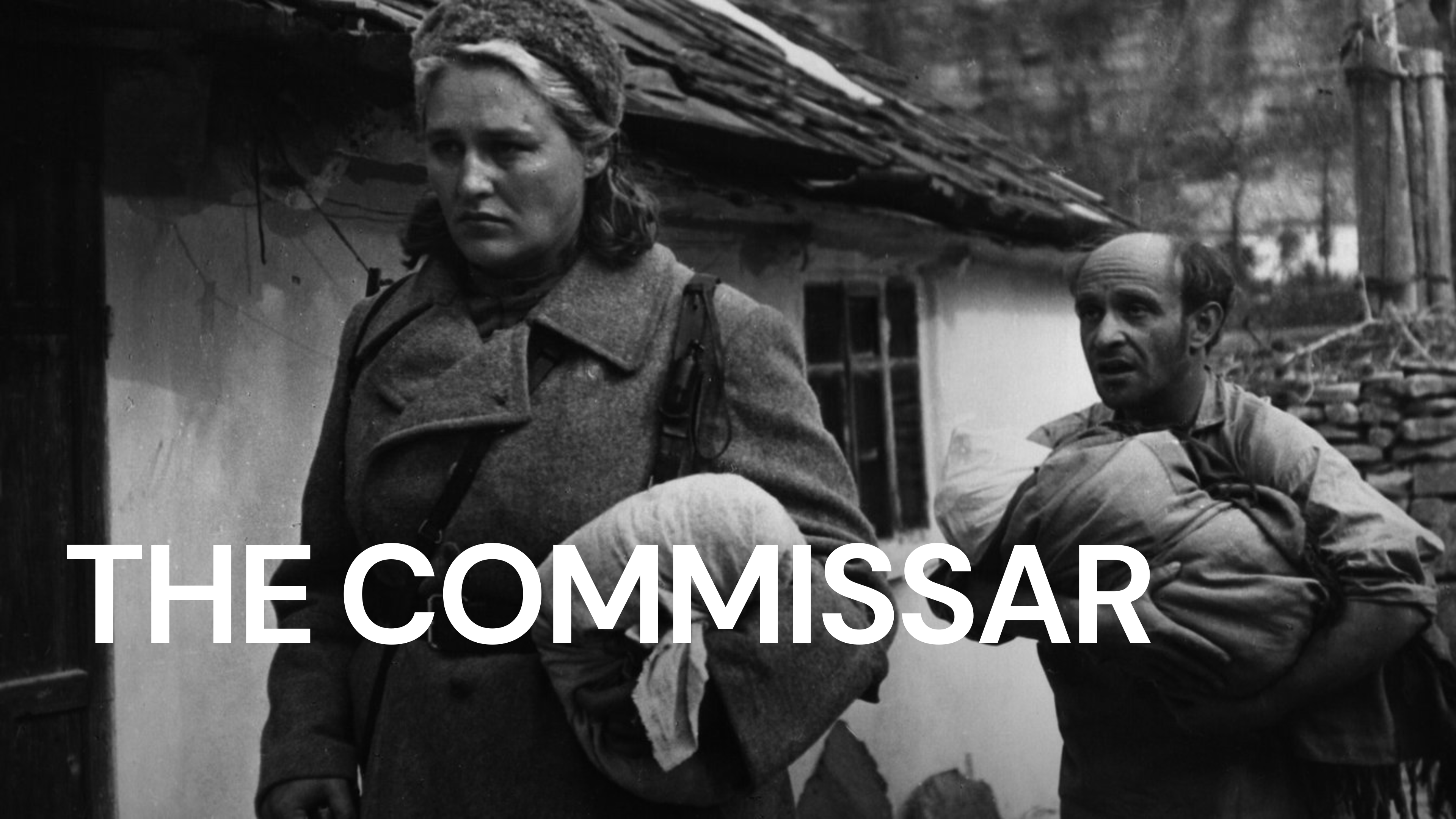radicalthought.org – “The Commissar” is a Soviet film directed by Aleksandr Askoldov, completed in 1967 but not released until 1988 due to political censorship. Based on a short story by Vasily Grossman, the film explores themes of war, motherhood, and human resilience against the backdrop of the Russian Civil War. This article delves into the film’s narrative, its significance in Soviet cinema, and the reasons behind its delayed release.
Plot Overview
Setting and Characters
Set during the tumultuous Russian Civil War, “The Commissar” tells the story of Klavdia Vavilova, a stern and dedicated Red Army commissar. As the war rages on, Vavilova finds herself unexpectedly pregnant and is forced to take refuge with a Jewish family in a small Ukrainian town. This situation leads her to confront her beliefs and identity as she navigates the complexities of motherhood and duty.
Themes and Symbolism
The film is rich in themes, juxtaposing the harsh realities of war with the intimate struggles of personal transformation. Vavilova’s character arc highlights the conflict between duty and personal life, emphasizing the universal experiences of love and sacrifice. The Jewish family’s presence introduces themes of cultural identity and resilience in the face of adversity, serving as a microcosm of the broader historical context.
Production and Censorship
Cinematic Techniques
Askoldov’s direction is notable for its use of stark imagery and poignant symbolism, creating a powerful narrative that transcends its historical setting. The film employs a blend of realism and poetic visuals, capturing the stark contrasts between the brutality of war and the tenderness of human connections.
Political Context and Censorship
“The Commissar” faced significant political challenges due to its portrayal of sensitive themes, including the depiction of Jewish life and the questioning of Soviet ideals. The film was banned by Soviet authorities, deemed controversial for its perceived criticism of the Soviet regime and its empathetic portrayal of Jewish characters during a time of state-sponsored anti-Semitism.
Impact and Legacy
Despite being shelved for over two decades, “The Commissar” gained critical acclaim upon its eventual release in 1988. It was celebrated for its artistic merit and poignant storytelling, earning accolades at international film festivals. The film’s delayed release allowed it to contribute to the broader discourse on censorship and artistic freedom in Soviet cinema.
Conclusion
“The Commissar” stands as a testament to the enduring power of cinema to challenge societal norms and provoke thoughtful reflection. Its exploration of universal themes, combined with its historical significance, makes it a vital piece of film history. The film’s eventual release and recognition underscore the importance of preserving artistic integrity in the face of political adversity.
